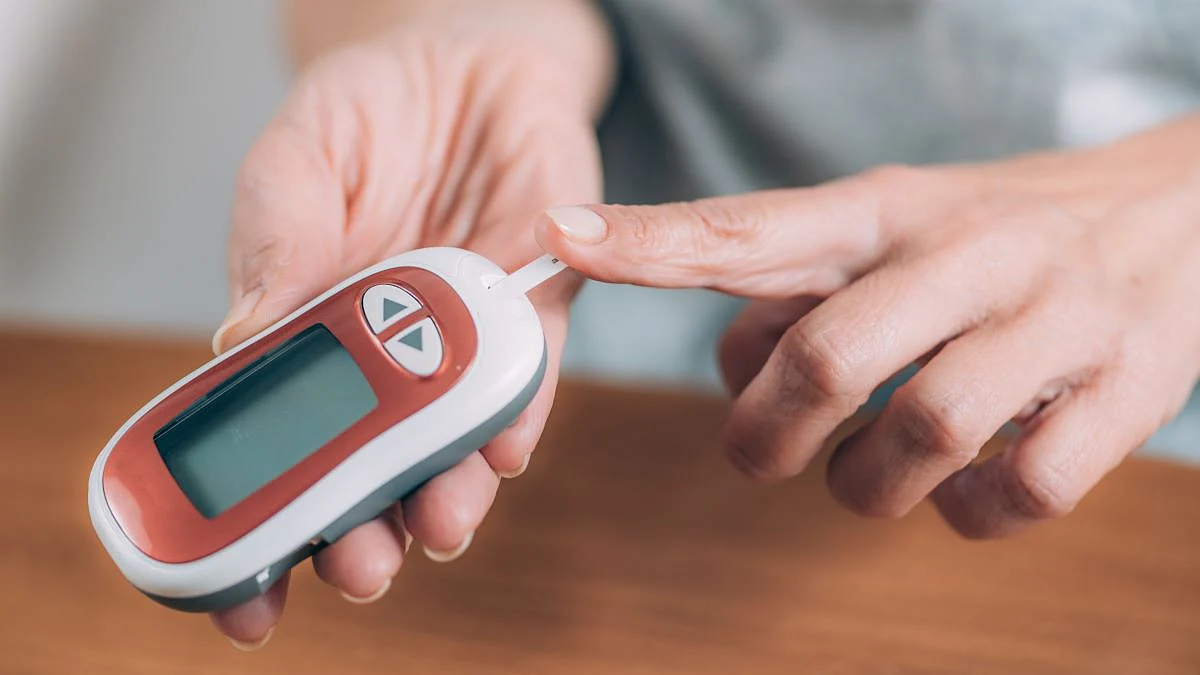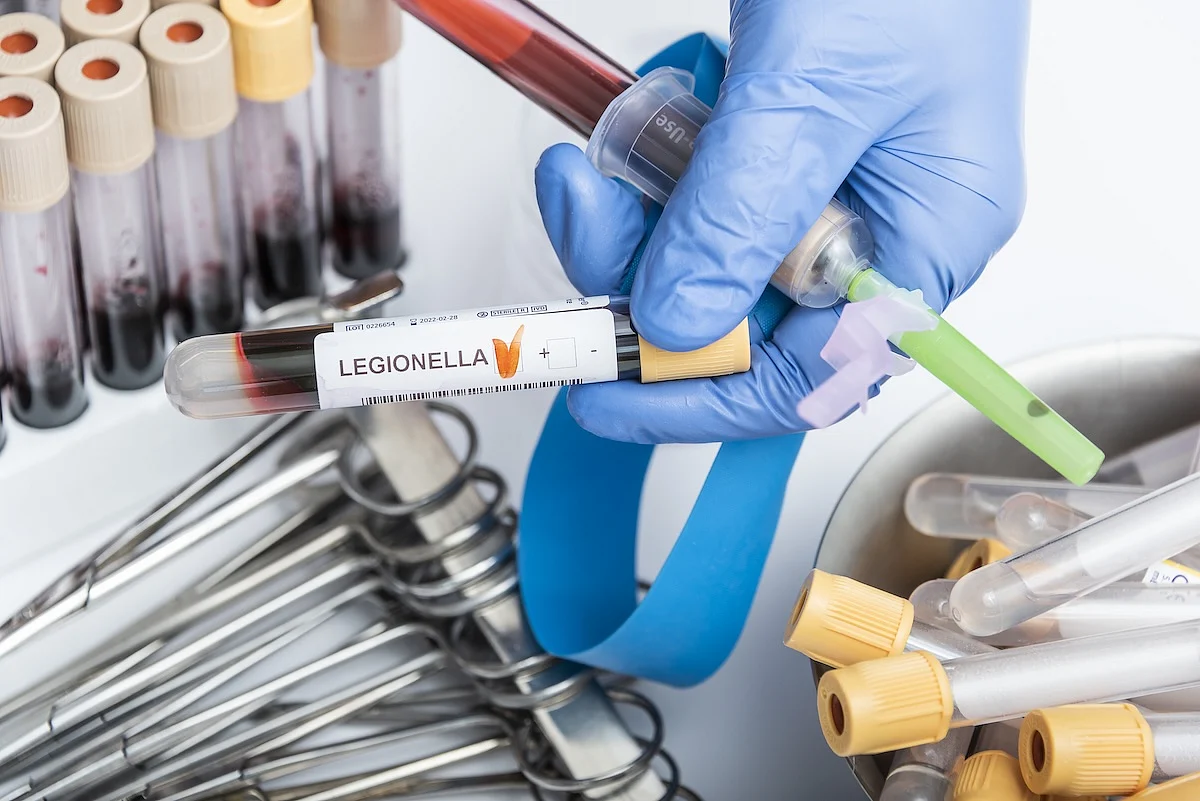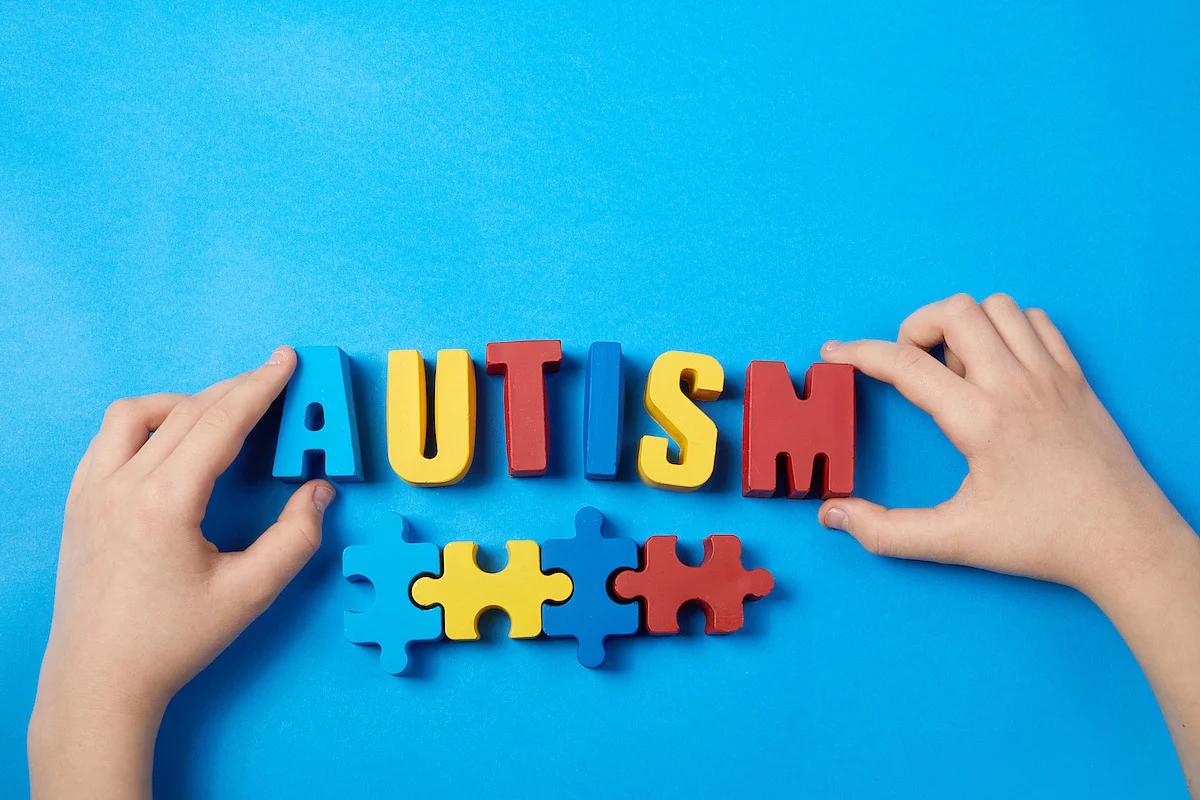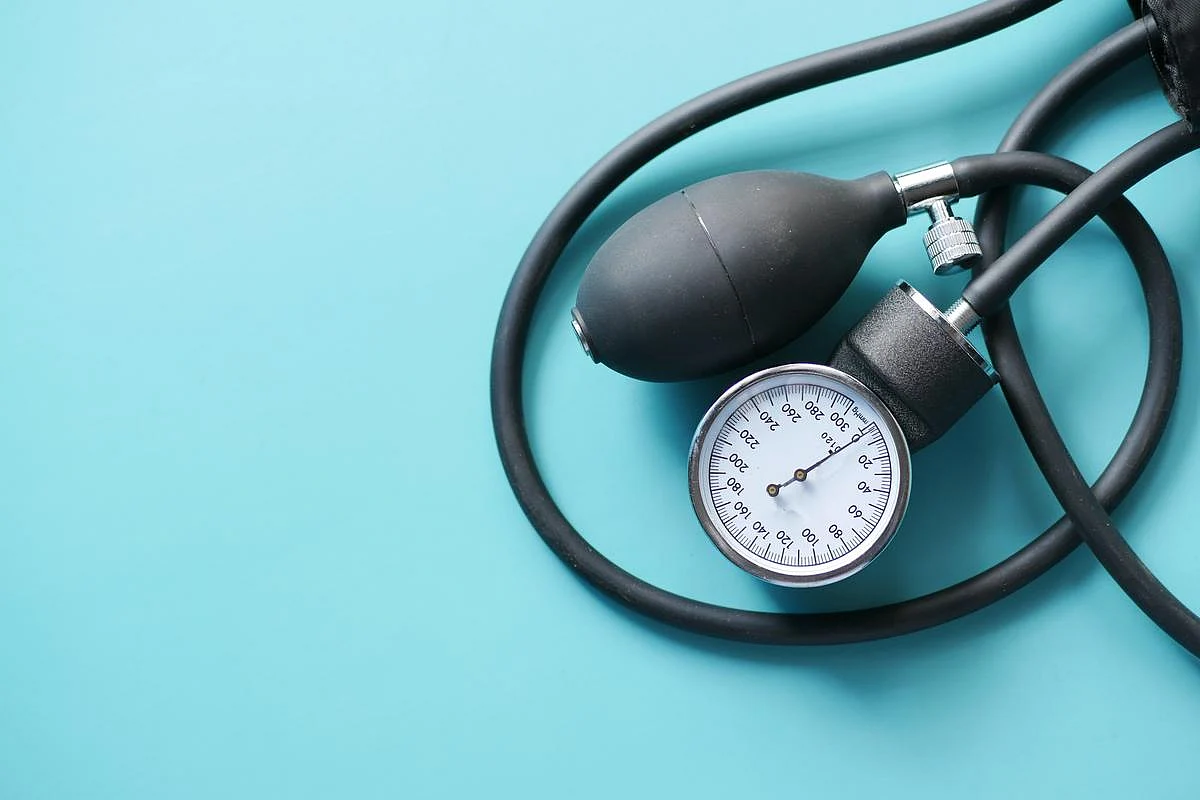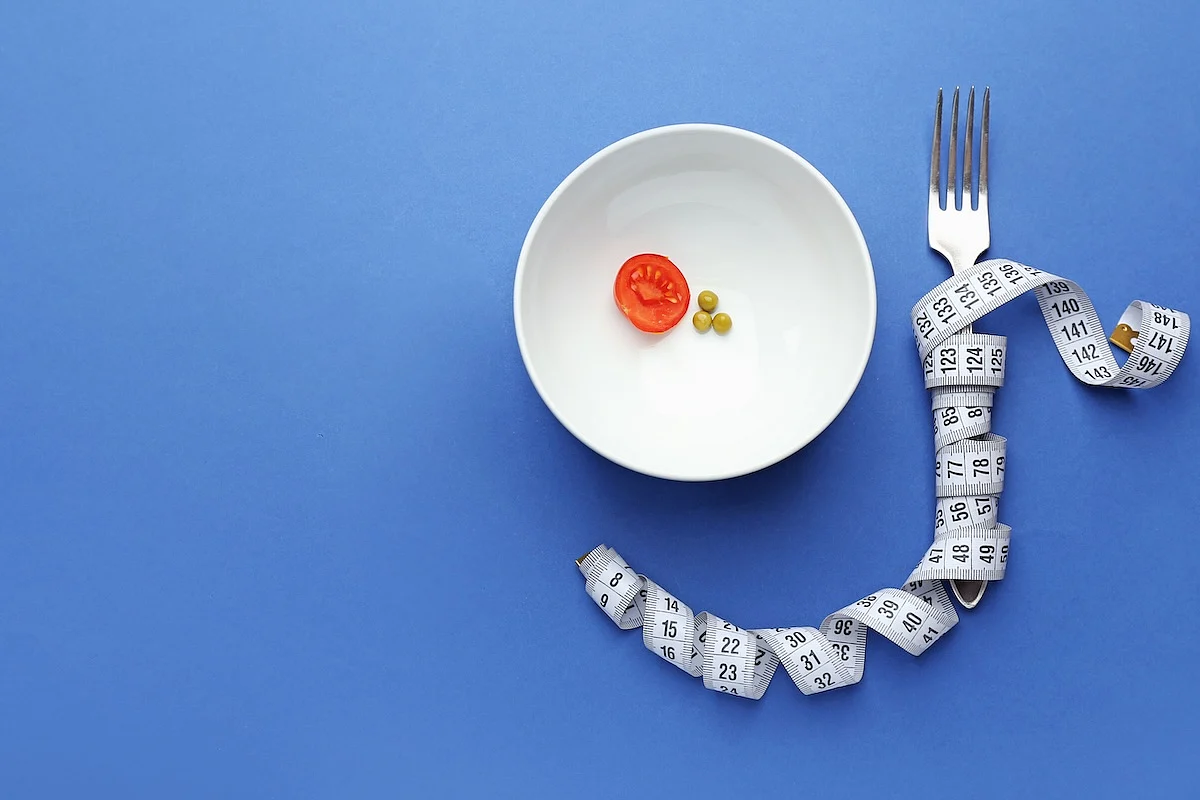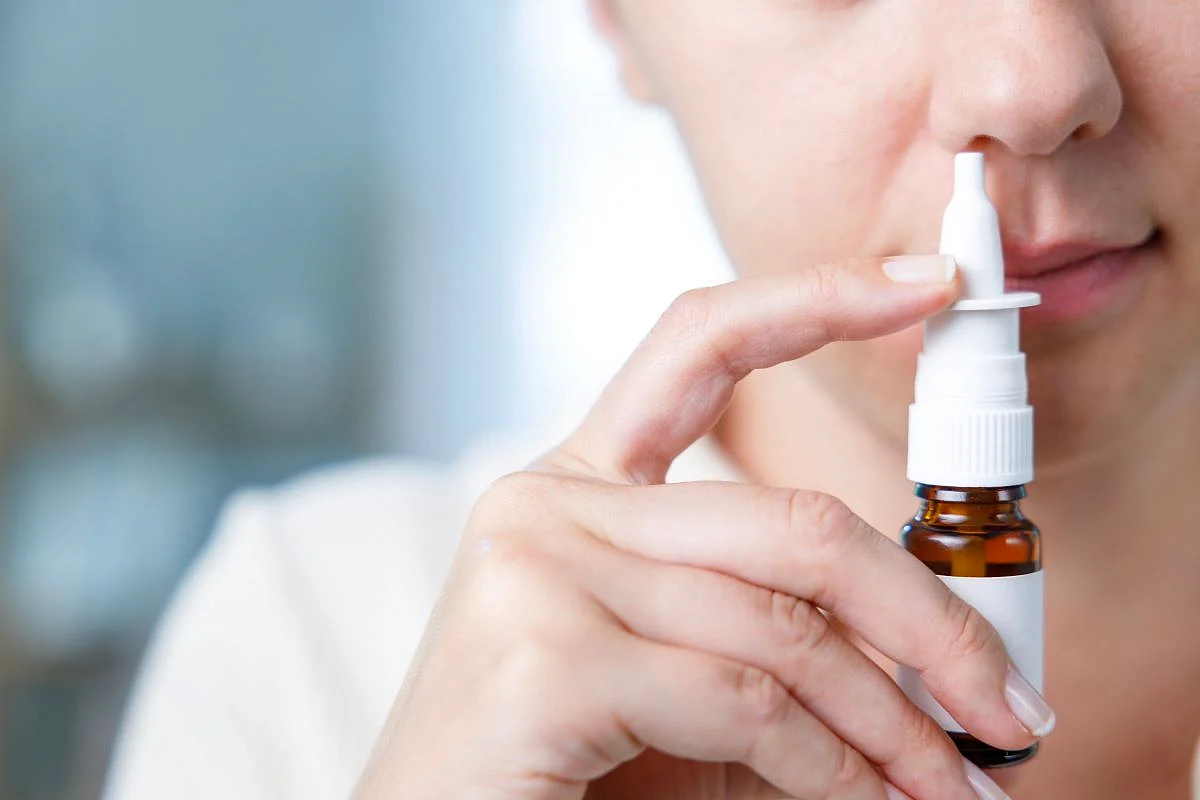
For the first time, people can get their annual flu vaccine without leaving the comfort of home. FluMist, a nasal spray flu vaccine made by AstraZeneca, is now available for at-home use through a service called FluMist Home, the company announced. The U.S. Food and Drug Administration (FDA) first approved FluMist in 2003 for use… read on > read on >












